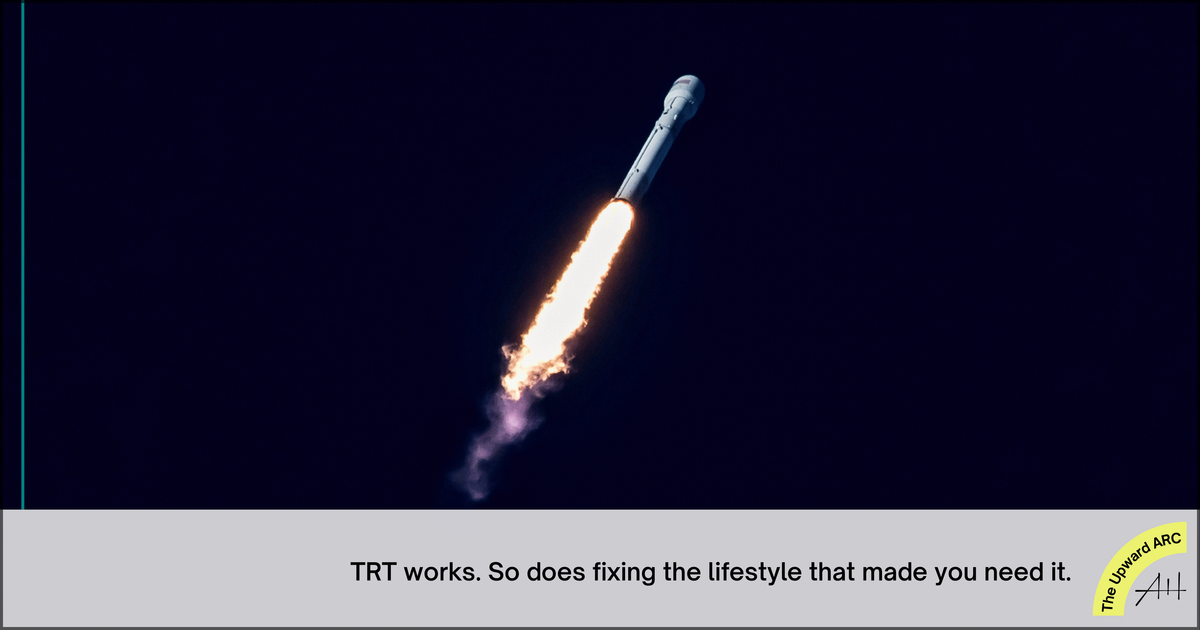Low T, Low Life
I crashed, tested, and turned to TRT. It worked; until I realized I needed a long-term fix. Testosterone isn’t just a “guy thing,” and most people (and doctors) miss the signs. Forget the boosters. Fix your lifestyle first. Then, and only then, consider the needle.

This post is for members only
Already have an account? Sign in.
